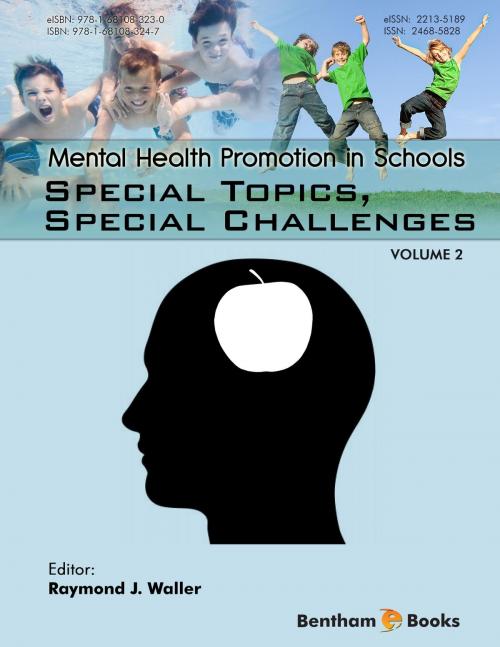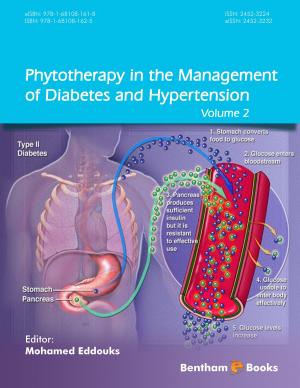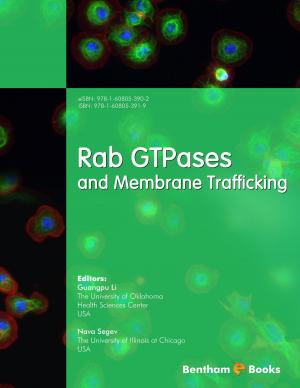Mental Health Promotion in Schools Volume: 2
Nonfiction, Health & Well Being, Psychology, Mental Health| Author: | Raymond J. Waller | ISBN: | 9781681083230 |
| Publisher: | Bentham Science Publishers | Publication: | November 10, 2016 |
| Imprint: | Language: | English |
| Author: | Raymond J. Waller |
| ISBN: | 9781681083230 |
| Publisher: | Bentham Science Publishers |
| Publication: | November 10, 2016 |
| Imprint: | |
| Language: | English |
This second volume in the book series gives clear explanations of some special topics and challenges related to the roles of the school in adolescent mental healthcare (such as disability, temperament, psychological resilience, school safety and LGBT issues). Each chapter addresses beneficial and detrimental practices that schools and any involved professionals may engage in. Key features of this volume include: 1) a multidisciplinary approach to mental healthcare provision in school settings, 2) a discussion of school-based intervention in each chapter and 3) the incorporation of DSM-V standards in discussions of diagnostic criteria where applicable. This volume serves as a reference work for all educational and mental health professionals (teachers, administrators, psychologists, social workers, nurses, counselors) interested in the promotion of mental health and risk management in schools.
This second volume in the book series gives clear explanations of some special topics and challenges related to the roles of the school in adolescent mental healthcare (such as disability, temperament, psychological resilience, school safety and LGBT issues). Each chapter addresses beneficial and detrimental practices that schools and any involved professionals may engage in. Key features of this volume include: 1) a multidisciplinary approach to mental healthcare provision in school settings, 2) a discussion of school-based intervention in each chapter and 3) the incorporation of DSM-V standards in discussions of diagnostic criteria where applicable. This volume serves as a reference work for all educational and mental health professionals (teachers, administrators, psychologists, social workers, nurses, counselors) interested in the promotion of mental health and risk management in schools.















